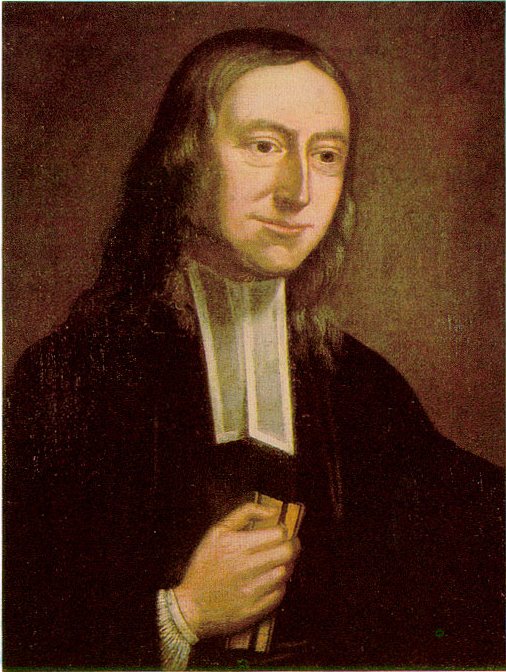Wesley and the Pentecostals
Discover the heritage of John Wesley that runs deep in Holiness and Pentecostal movements.
 Pentecostalism is what some might call the forgotten legacy of John Wesley. In nearly 100 years the movement has become the fastest growing body of Christians on the face of the planet. Pentecostalism is growing at a rate of 13 million a year, 35,000 a day, and has nearly a half billion followers. It is the second largest Christian group after Roman Catholicism. There are Pentecostals in almost every denomination and every part of the world. The largest Protestant church in the world is a Pentecostal church in Korea, the Yoido Full Gospel Church, which has over 240,000 in weekly attendance. All of this would not have been possible without their theological and ministerial connection to John Wesley. This article will attempt to briefly discuss the historical development of Pentecostalism by making a special application of John Wesley’s contribution.
Pentecostalism is what some might call the forgotten legacy of John Wesley. In nearly 100 years the movement has become the fastest growing body of Christians on the face of the planet. Pentecostalism is growing at a rate of 13 million a year, 35,000 a day, and has nearly a half billion followers. It is the second largest Christian group after Roman Catholicism. There are Pentecostals in almost every denomination and every part of the world. The largest Protestant church in the world is a Pentecostal church in Korea, the Yoido Full Gospel Church, which has over 240,000 in weekly attendance. All of this would not have been possible without their theological and ministerial connection to John Wesley. This article will attempt to briefly discuss the historical development of Pentecostalism by making a special application of John Wesley’s contribution.
There has been a lot of research that has shown the connection between the Wesleyan-holiness movement and Pentecostalism. 1 Much of this research has attempted to show that John Wesley is the grandfather of Pentecostalism.2 Wesley placed a strong emphasis on the person and work of the Holy Spirit. He believed that the Spirit played a unique role in entire sanctification. Wesley’s doctrine of Christian perfection was crucial to the theological roots of Pentecostalism. It was the idea of a second work of grace (sanctification) that opened the door for theological discussion about the possibilities of a third work of grace: the Baptism of the Holy Spirit.
Wesleyan Sanctification
Pentecostalism is the forgotten legacy of John Wesley.
Category: Church History, Summer 2006


